Freedom cases such as those Elizabeth “Mum Bett” Freeman are something often overshadowed by a case such as the Dred Scott decision. Another important colonial case was that of Quock Walker. This was a case that served as the basis to end slavery in Massachusetts decades before the institution was ended nationally.
Quock Walker’s Promised Freedom
Born 1753 in Massachusetts, his family became part of James Caldwell’s estate in Worcester County a year later. There are several unknowns surrounding Quock Walker such as who owned his family prior to Caldwell. Or specific details about his life on Caldwell’s estate and what happened to the rest of his family following the decisions.
What is known is that the case came about as a result of the death Caldwell. As it happened, Walker was promised his freedom at 23 but Caldwell passed when Quock was ten. Normally, this would make the agreement, but Caldwell’s widow upheld the promise saying that he would be freed at 21. She would pass when Walker was 19 years old.
Mrs. Walker’s widow Nathaniel Jennison refused to free Quock Walker on his 21st birthday. Seven years later he left the estate and began working on the farm of James Caldwell’s brothers. Jennison eventually found Walker and brought him back to his estate where he beat him for escaping.
This led to Walker suing Jennison for assault. As a result, Jennison sued the Caldwell brothers for luring Walker away and supporting a runaway slave. These two lawsuits would be part of a trifecta of cases that resulted in slavery being abolished in practice in Massachusetts before the end of the 18th century. Most interesting about these cases is that it wouldn’t simply be written law that pushed the decision but also religion.
REFERENCES
-https://historicaldigression.com/2015/01/18/quock-walker-and-emancipation-in-massachusetts/
-https://www.masshist.org/endofslavery/index.php?id=54
ALSO READ: https://blackthen.com/elizabeth-freeman-wins-freedom-1781-case/

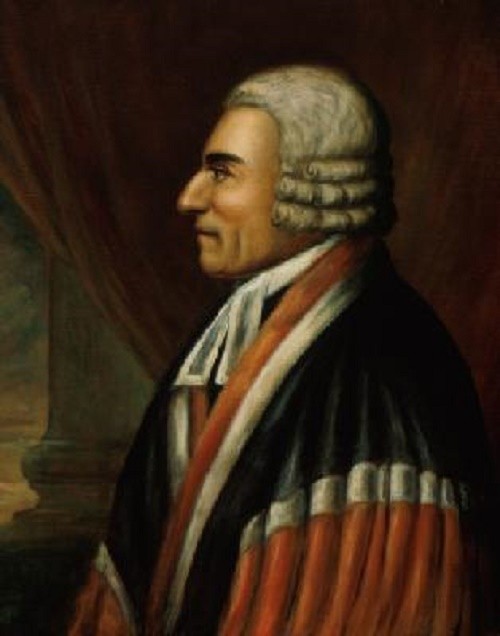




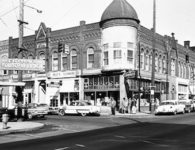

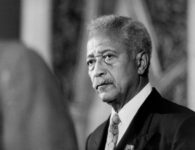
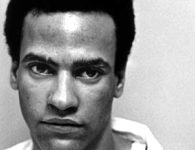


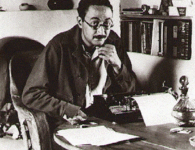
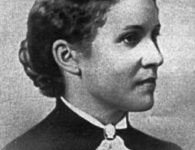

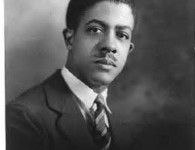
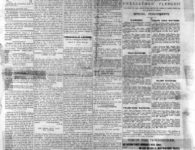
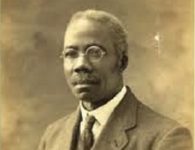

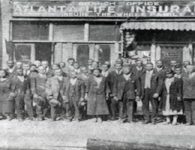


No comments